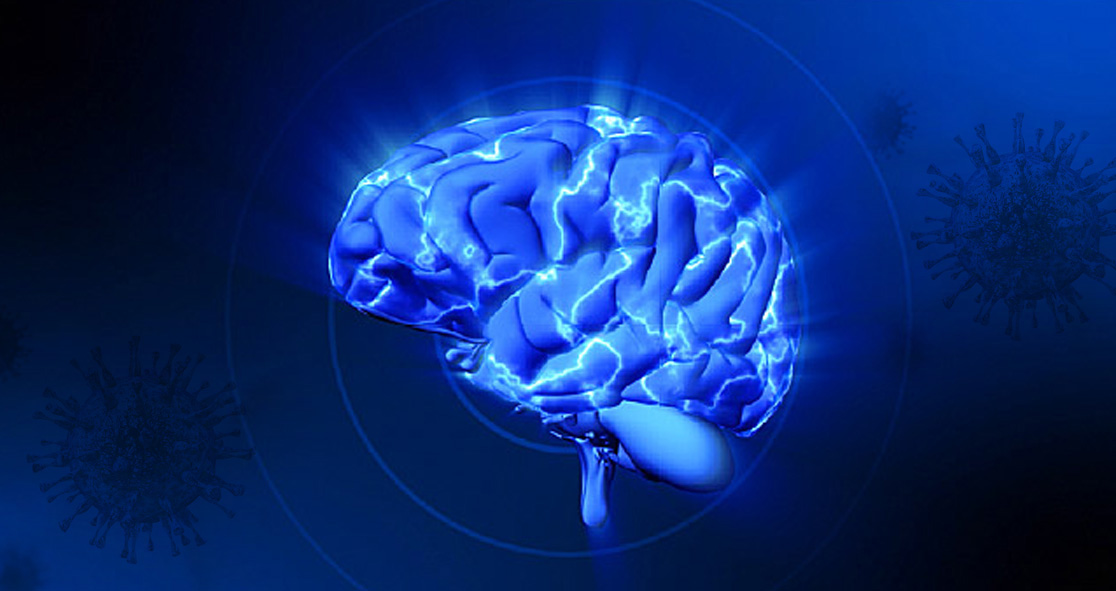Jennifer Price, an Illinois woman whose husband, Ben Price, died by suicide on one of their farms in February, believes that he actually died of “COVID psychosis.”
She says, “He was the epitome of unconditional love and loved his kids with all his heart. It was shocking and devastating and so completely out of his character.”
What is COVID Psychosis?
Experts in neurology and psychology have been seeing more reports of COVID-19 sufferers developing psychotic symptoms, even after having no prior history of any mental health issues. They are calling it “COVID Psychosis.”
Although rare, this type of neurological or psychological condition can be severe enough to require hospitalization according to USA Today.
The signs and symptoms of COVID psychosis may include “hallucinations, unusual agitation, restlessness preoccupation, paranoid beliefs, decreased need for sleep and impulsive behavior,” said Dr. Jonathan Alpert of Montefiore Medical Center and Albert Einstein College of Medicine in New York City.
Dr. Alpert is the Director Emeritus of the Depression Clinical & Research Program (DCRP) and co-founder and co-director of the MGH (Massachusetts General Hospital) Depression and Anxiety Associates Group Practice.
Dr. Alpert did not treat Ben, who was never officially diagnosed with a neurological condition related to COVID-19. However, he recognized the signs and urged people to seek immediate medical attention if they experience any symptoms of COVID psychosis.
“When people are psychotic, they aren’t in touch with reality and may do things that harm themselves and other things that are very dangerous,” Dr. Alert explained. “It looks like COVID-19 has a somewhat higher risk of causing it than other viral infections that we’ve seen.”
Ben had COVID-19 a couple of weeks before his death. Jennifer said Ben was rushed to a hospital when his oxygen levels were low and he received treatments including steroids, antivirals, and an antibody infusion.
She went on to say that the COVID unit was “anxiety-inducing,” but her husband had no signs of psychosis during hospitalization. Post-hospitalization, Ben’s anxiousness and paranoia skyrocketed, according to Jennifer. She said he became obsessed with working on the farm even when there was no work.
Jennifer took Ben to a PCP who recommended him some anxiolytics. She said, “It just wasn’t working. He was pacing and upset and worried. I was watching my daughter watch him and being worried … she saw it was not her dad.”
Dr. Alpert explained that experts say COVID psychosis could be a result of brain inflammation triggered by the body’s immune response to the coronavirus, adding that the side effects of high-dose steroids, low oxygen levels, or emotional trauma of being severely ill could be some of the contributing factors.
Dr. Alpert said more focus should now be placed on the possible mental health issues and neurological outcomes of COVID-19.
He said, “Society itself, whether people have COVID or not, are experiencing significant mental health impacts. Any COVID task force that doesn’t have mental health or neurological expertise on it is not really a full task force.”
This is new and the medical community is just learning about the possible psychological implications linked to COVID-19 recovery, Dr. Alpert said, so it is important for clinicians to screen COVID patients for mental health issues. The story was published on USA Today.






















